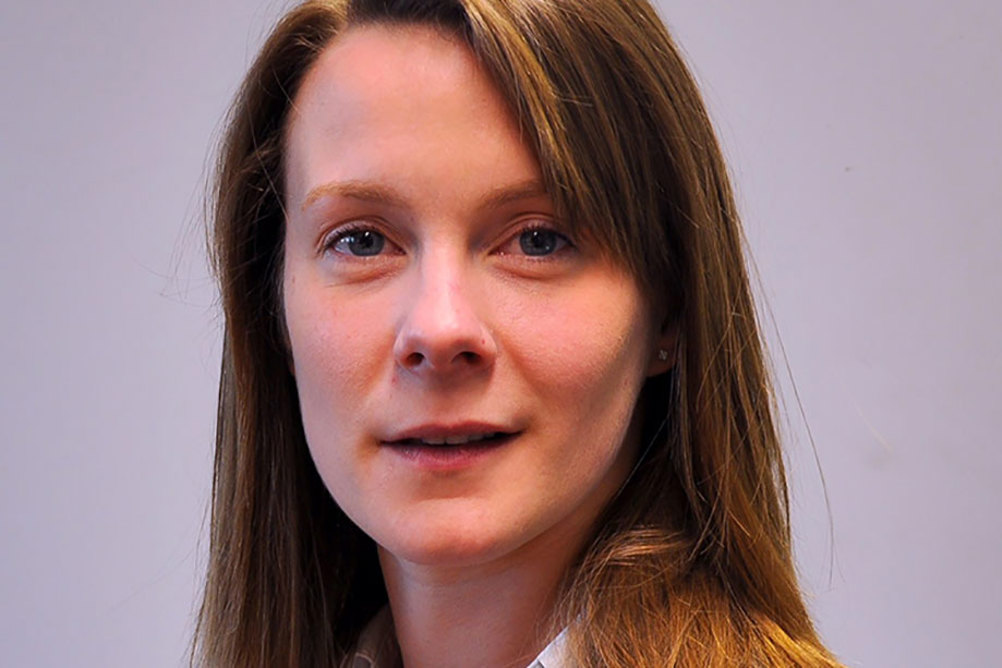
Domestic slavery is the third most prevalent form of Modern Slavery, and I encounter victims all too regularly. In 2016, one in ten female modern slavery victims who were helped by the Salvation Army were Nigerian. The practice is often, but not always, linked to child fostering, with young people being promised a ‘better life’. But when the relationship is taken advantage of, victims can be isolated from their families, working exhausting hours for little or no pay without access to education or healthcare and facing daily abuse
We’re supporting a pilot campaign to help tackle modern slavery in the UK. It focuses specifically on helping those trapped in Domestic Slavery, where victims are often kept against their will to carry out exhausting tasks including cooking, cleaning and childcare for ten to 16 hours a day with no pay. As victims usually have childcare responsibilities, professionals working in early years or with young people are in a unique position to spot potential victims dropping off and collecting young ones at nursery. We want to call on these - and other frontline professionals and the wider community - to learn to spot the signs of domestic slavery and, if they see them, report worries to the Modern Slavery Helpline.
Register now to continue reading
Thank you for visiting Nursery World and making use of our archive of more than 35,000 expert features, subject guides, case studies and policy updates. Why not register today and enjoy the following great benefits:
What's included
-
Free access to 4 subscriber-only articles per month
-
Unlimited access to news and opinion
-
Email newsletter providing activity ideas, best practice and breaking news
Already have an account? Sign in here
